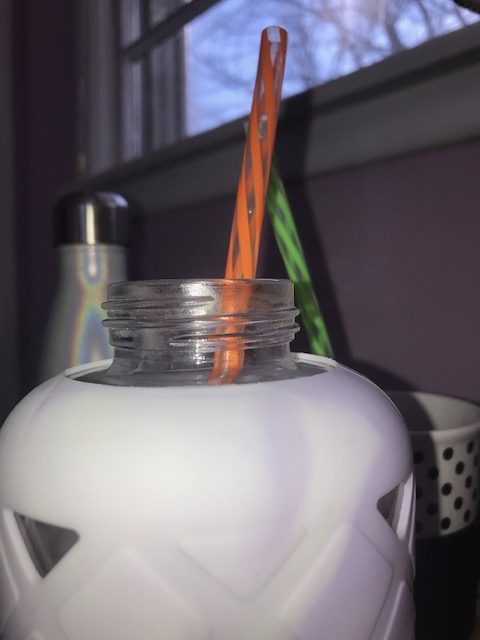How You Can Be a More Environmentally Friendly Shopper
January 12, 2021
“We are the last generation that can prevent irreparable damage to our planet,” says General Assembly President María Fernanda Espinosa Garcés. According to the United Nations, she stressed that there are only eleven more years to avoid a catastrophe on earth. States and Individuals need to act now, before it is too late.
According to Conserve Energy Future, “Environmental issues are defined as problems with the planet’s systems (air, water, soil, etc.) that have developed as a result of human interference or mistreatment of the planet.”
Although states and the nation are responsible for major action, there are still steps individuals can take to positively impact the environment.
Here are some ways you can be a more environmentally friendly shopper:
- Purchase in bulk to minimize plastic waste and paper boxes
- Use reusable shopping bags at the grocery store
- Ditch the plastic- use reusable straws
- Use bamboo toothbrushes
- Buy locally produced food
- Reduce the time spent driving
- Avoid fast fashion- thrifting or purchasing second-hand is encouraged
The primary argument against these suggestions is that the alternatives are more affordable and convenient. Yes, with fast fashion, the ignorance of unethical work is much more convenient than taking the time to do some research. In addition, it is much more affordable than buying clothes that have been made organically and ethically. However, when making these decisions, it is crucial to think of the damage being done to the environment and how it will affect the world’s future generations.
Some unethical fast fashion brands that contribute to water pollution and carbon emissions include Shein, H&M, and Forever 21. Fast fashion is a business model that recreates popular trends for a low price and is typically highly profitable. The primary reason these brands are so unethical is that it pollutes ocean water, produces carbon emissions, and consumes a large amount of the world’s water supply. In addition, fast fashion is unethical because of poor working conditions and unsatisfactory wages.
The importance of recycling and avoiding hyperconsumption is another issue that should not be overlooked.
Conserve Energy Future says, “As per the study, the average person produces 4.3 pounds of waste per day and the US alone accounts for 220 million tons a year.” This results in non-biodegradable trash that ends up in landfills and contains harmful chemicals. These chemicals, specifically methane, get leaked into waterways and is a harmful greenhouse gas that contributes to global warming.
In addition, according to Do Something, “Each year 1.2 trillion gallons of untreated sewage, stormwater, and industrial waste are dumped into US water.” This issue does not only affect ocean life, but also humans who now do not have access to clean water.
Every person has the power to make the world a better place, and it starts with one step at a time. Using metal straws and reusable grocery bags are a few examples of minor steps that can make a big difference. If every person made small changes to help the environment, it could dramatically affect the wellbeing of our planet.
Our planet Earth has eleven years until irreversible damage is done. Pollution, hyperconsumption, and waste being dumped into waterways are just a few major issues our planet faces, all as a result of human activity.
Although these impacts cannot be completely reversed, humans still have the chance to make small, everyday changes before it is too late.







